Should David Szalay’s Flesh have won the Booker Prize?
The British-Hungarian author’s ‘hypnotic’ tale of masculinity, sex and power scooped this year’s literary award

A free daily email with the biggest news stories of the day – and the best features from TheWeek.com
You are now subscribed
Your newsletter sign-up was successful
David Szalay’s “Flesh” is “almost certainly the most monosyllabic Booker prizewinner ever”, said Johanna Thomas-Corr in The Times. The brooding protagonist, István, largely speaks in “gruff, gruntish ‘yeahs’, ‘nos’ and ‘okays’”, giving the book the “terse narrative style of a thriller”.
It is also perhaps the “blokiest winner” in the literary award’s history, exploring masculinity in a way that will likely appeal to that “elusive creature, the 21st-century male reader of novels”.
‘Timely anxieties’
“This year’s shortlist was a strong one”, said Martin Chilton in The Independent. Each of the “experienced” authors tackled the “theme of identity” in one way or another – but none managed it more “compellingly” than Szalay, whose “urgent and honest 349-page novel taps into timely anxieties about manhood”.
The Week
Escape your echo chamber. Get the facts behind the news, plus analysis from multiple perspectives.

Sign up for The Week's Free Newsletters
From our morning news briefing to a weekly Good News Newsletter, get the best of The Week delivered directly to your inbox.
From our morning news briefing to a weekly Good News Newsletter, get the best of The Week delivered directly to your inbox.
The tale begins in Hungary, where 15-year-old István is living with his mother in a block of flats. Emotionally detached and struggling to fit in, he joins the military and is stationed in Kuwait before moving to London where he works first as a bouncer and then as a driver for the super-rich.
Covering a wide range of themes from teenage sex to infidelity, “everyday struggles” to murder, each chapter is “almost a self-contained unit”. Szalay writes with a “terse precision”, in a prose that is “pared to the bone” yet “deeply affecting”. What makes the book “so hypnotic” is his ability to bring his “introverted” protagonist to life, examining “profound questions about what drives an existence”, and “what sometimes shatters it”.
A novel that deserves “more than one encounter”, it’s a “startling, heartbreaking read”. The “most deserved Booker winner” since Douglas Stuart’s “Shuggie Bain” in 2020, it was the “right choice” by this year’s judges.
Cutting us off from István’s thoughts and emotions is a “risky strategy” said Justine Jordan in The Guardian, but the “narrative flatness hugely pays off”. The “yawning gaps” in the text draw us in, encouraging us to “solve the puzzle” of the protagonist. A “propulsive page-turner”, its “originality makes it a novel you will think about as well as feel, like a gut punch, in your body”.
A free daily email with the biggest news stories of the day – and the best features from TheWeek.com
‘Decent’ enough
“I’d wager” that many commentators will love “Flesh”, said Cal Revely-Calder in The Telegraph. “They’re all wrong.” Szalay’s novel is “decent” enough – “but it wasn’t the best book on the shortlist. That was Kiran Desai’s ‘The Loneliness of Sonia and Sunny’, closely followed by Andrew Miller’s ‘The Land in Winter’”. Their prose is “wholly engrossing”, whereas Szalay “didn’t impress me so much”.
His winning tale “wasn’t half the book it could have been”. István’s thoughts are “framed plainly and clearly” and the novel “almost found a second gear that would have tempered the numbness, the aridity. Frustratingly, it never quite did.” Szalay’s winning book will receive much praise, but as a reader nothing beats being “electrified by good prose”. Roddy Doyle, chair of this year’s Booker jury, said “Flesh” was “not like any other book”. “It would be nice if that were true.”
“Is ‘Flesh’ the best of the shortlist?” said Thomas-Corr in The Times. Right from the opening pages it “ensnared me”, and “I’ve been raving about Szalay’s clean, elegant prose ever since”. I admit, though, I have a “soft spot” for Andrew Miller, “one of Britain’s most underrated novelists”. Still, I expect “Flesh” will be a “commercial hit”, and should finally park the “hoary old claim that the male novelist stands no chance of success any more”.
Irenie Forshaw is the features editor at The Week, covering arts, culture and travel. She began her career in journalism at Leeds University, where she wrote for the student newspaper, The Gryphon, before working at The Guardian and The New Statesman Group. Irenie then became a senior writer at Elite Traveler, where she oversaw The Experts column.
-
 The Olympic timekeepers keeping the Games on track
The Olympic timekeepers keeping the Games on trackUnder the Radar Swiss watchmaking giant Omega has been at the finish line of every Olympic Games for nearly 100 years
-
 Will increasing tensions with Iran boil over into war?
Will increasing tensions with Iran boil over into war?Today’s Big Question President Donald Trump has recently been threatening the country
-
 Corruption: The spy sheikh and the president
Corruption: The spy sheikh and the presidentFeature Trump is at the center of another scandal
-
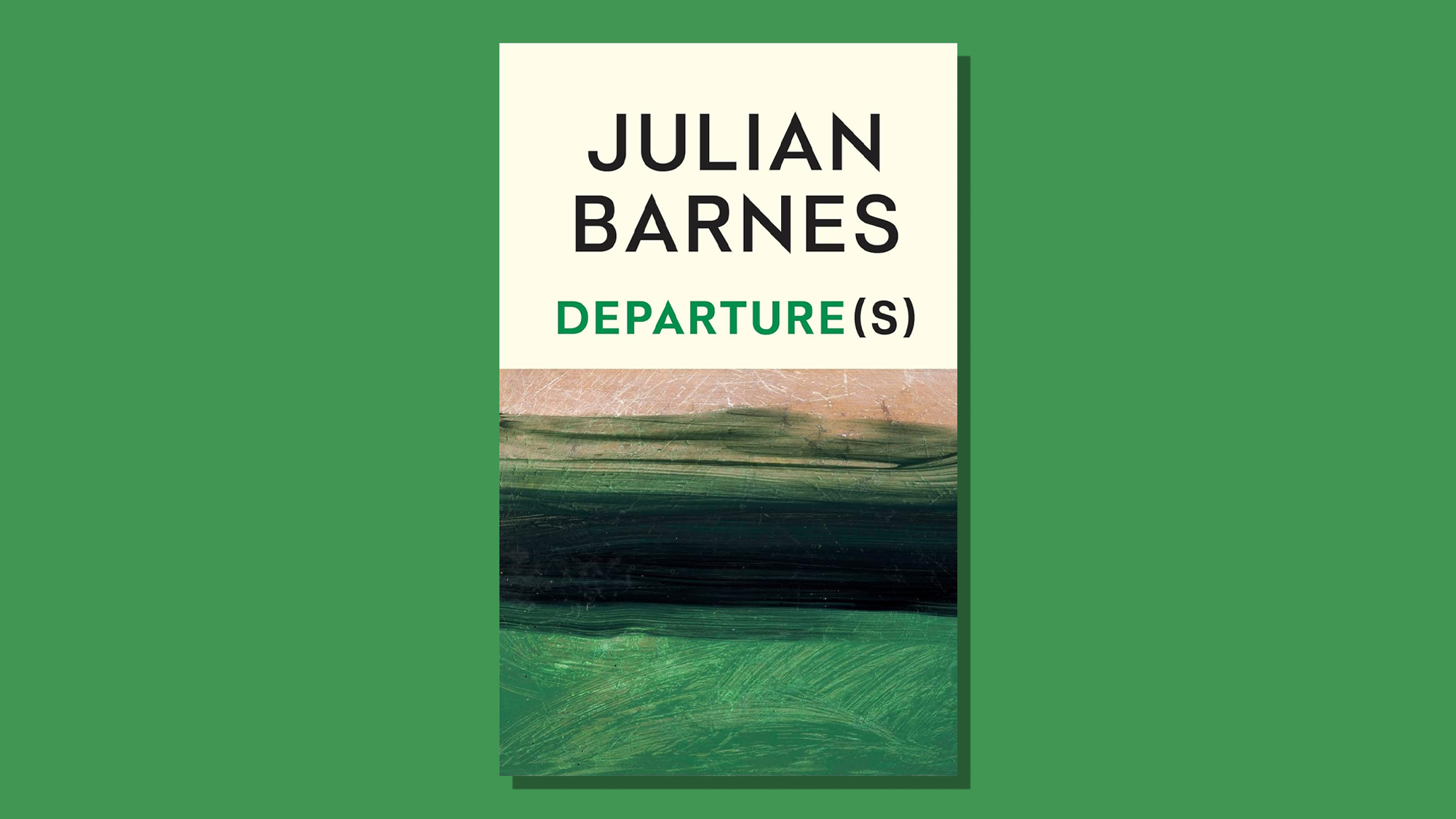 Departure(s): Julian Barnes’ ‘triumphant’ final book blends fact with fiction
Departure(s): Julian Barnes’ ‘triumphant’ final book blends fact with fictionThe Week Recommends The Booker prize-winning novelist ponders the ‘struggle to find happiness and accept life’s ending’
-
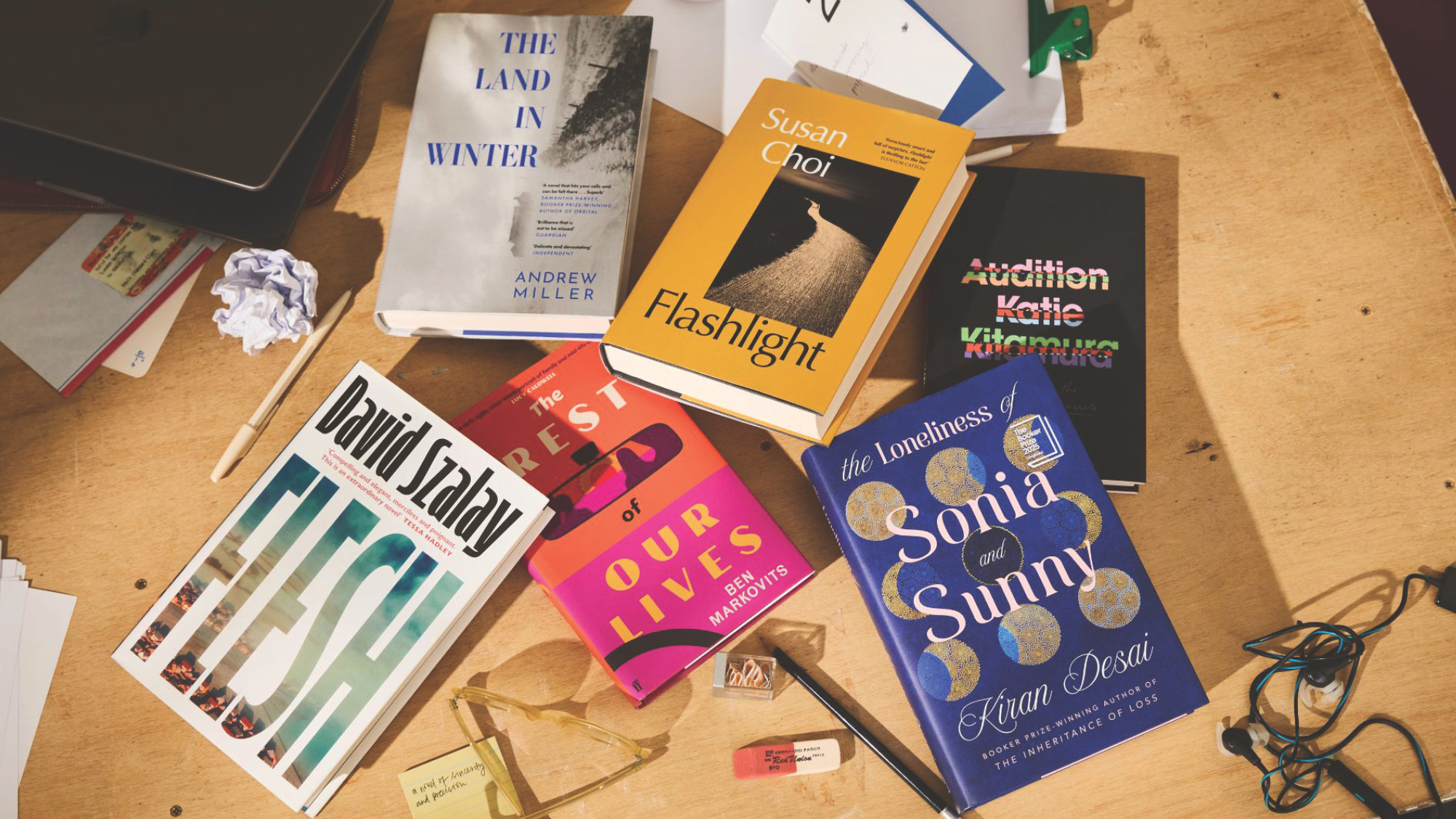 A Booker shortlist for grown-ups?
A Booker shortlist for grown-ups?Talking Point Dominated by middle-aged authors, this year’s list is a return to ‘good old-fashioned literary fiction’
-
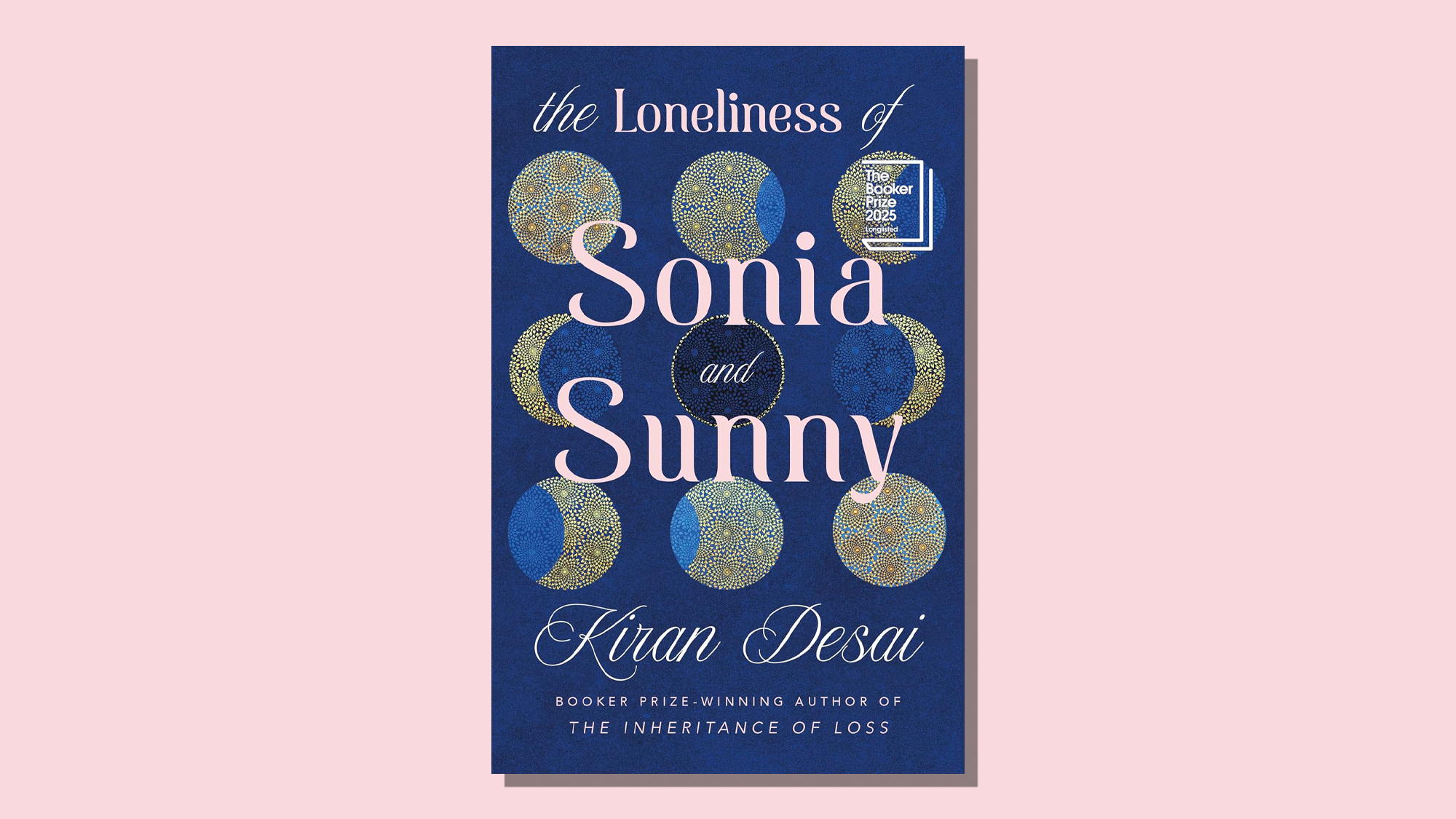 The Loneliness of Sonia and Sunny: a novel of ‘undeniable power’
The Loneliness of Sonia and Sunny: a novel of ‘undeniable power’The Week Recommends Kiran Desai’s first novel in nearly 20 years is an ‘enthralling love story’ set across India and the US
-
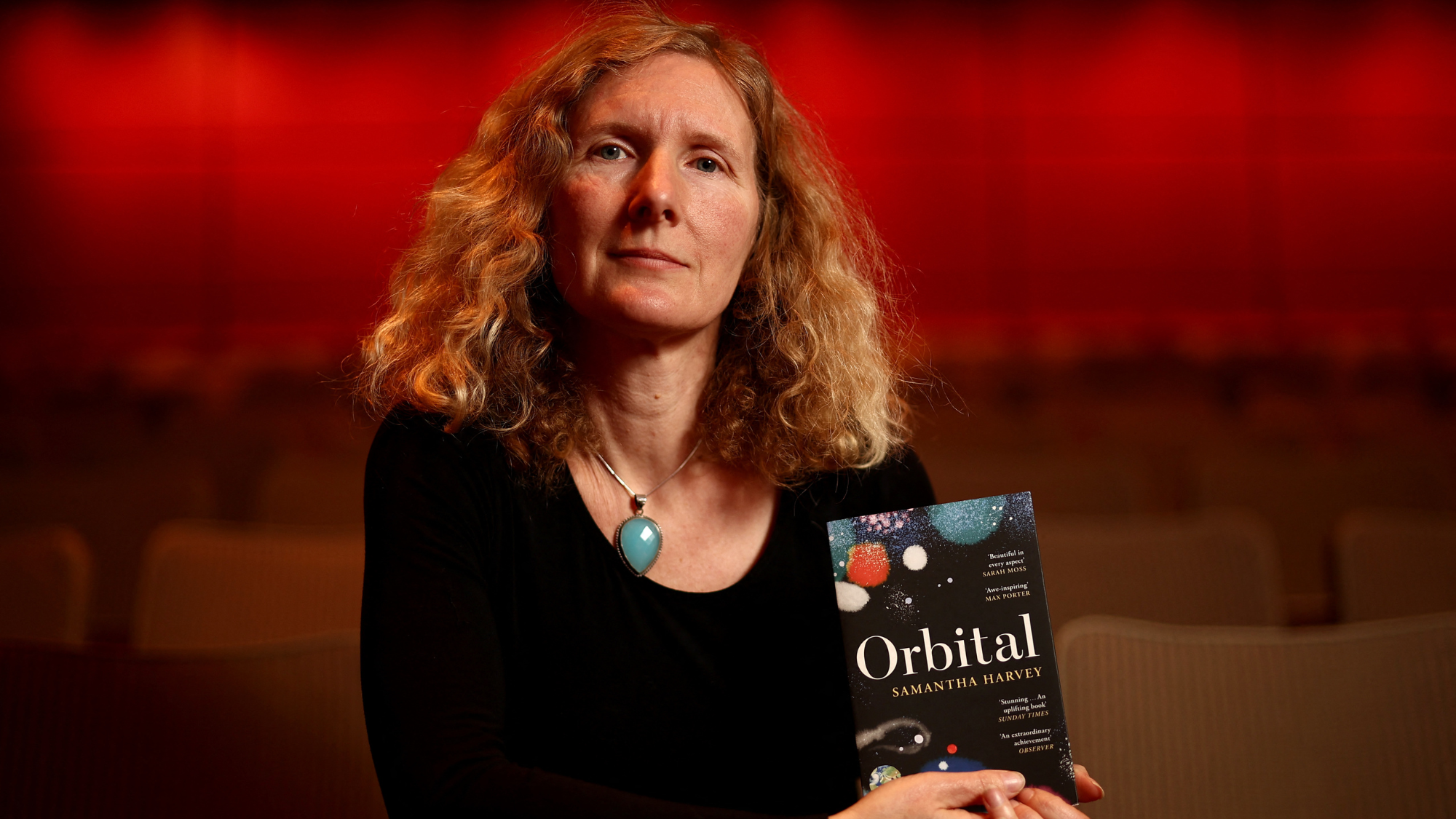 Orbital by Samantha Harvey: the Booker prize-winner set to go 'stratospheric'
Orbital by Samantha Harvey: the Booker prize-winner set to go 'stratospheric'In The Spotlight 'Bold' and 'scintillating' novel follows six astronauts orbiting Earth on the International Space Station over 24 hours
-
 Edmund de Waal on this year's Booker Prize shortlist
Edmund de Waal on this year's Booker Prize shortlistThe Week Recommends The chair of judges details works by Rachel Kushner, Percival Everett and others
-
 Female authors light up the Booker Prize shortlist
Female authors light up the Booker Prize shortlistThe Week Recommends This year’s writers have tackled wide-ranging subjects from espionage to space travel
-
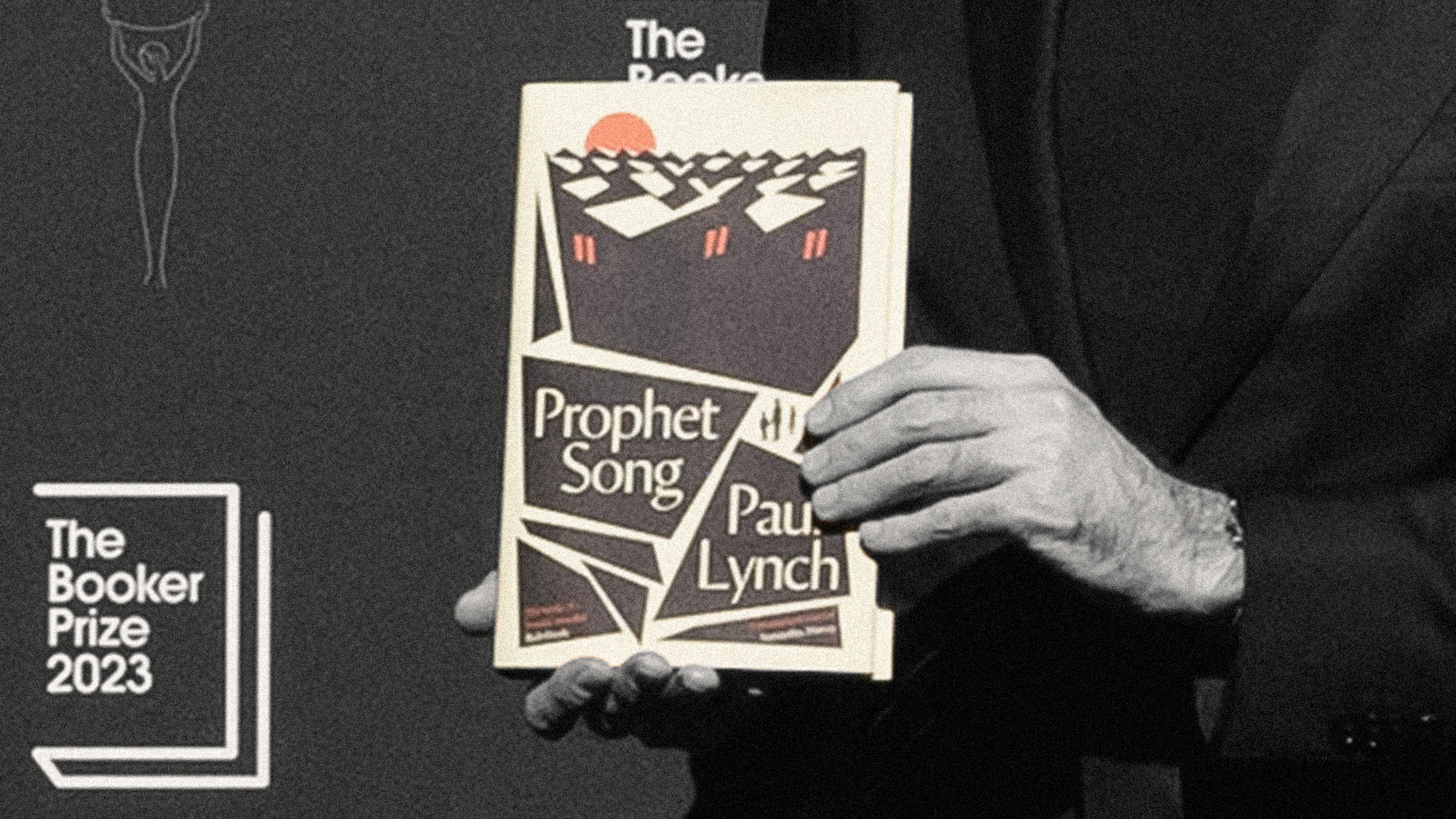 The chillingly plausible authoritarianism of 'Prophet Song'
The chillingly plausible authoritarianism of 'Prophet Song'The Week Recommends This Booker Prize winner shows how democracy can crumble from within
-
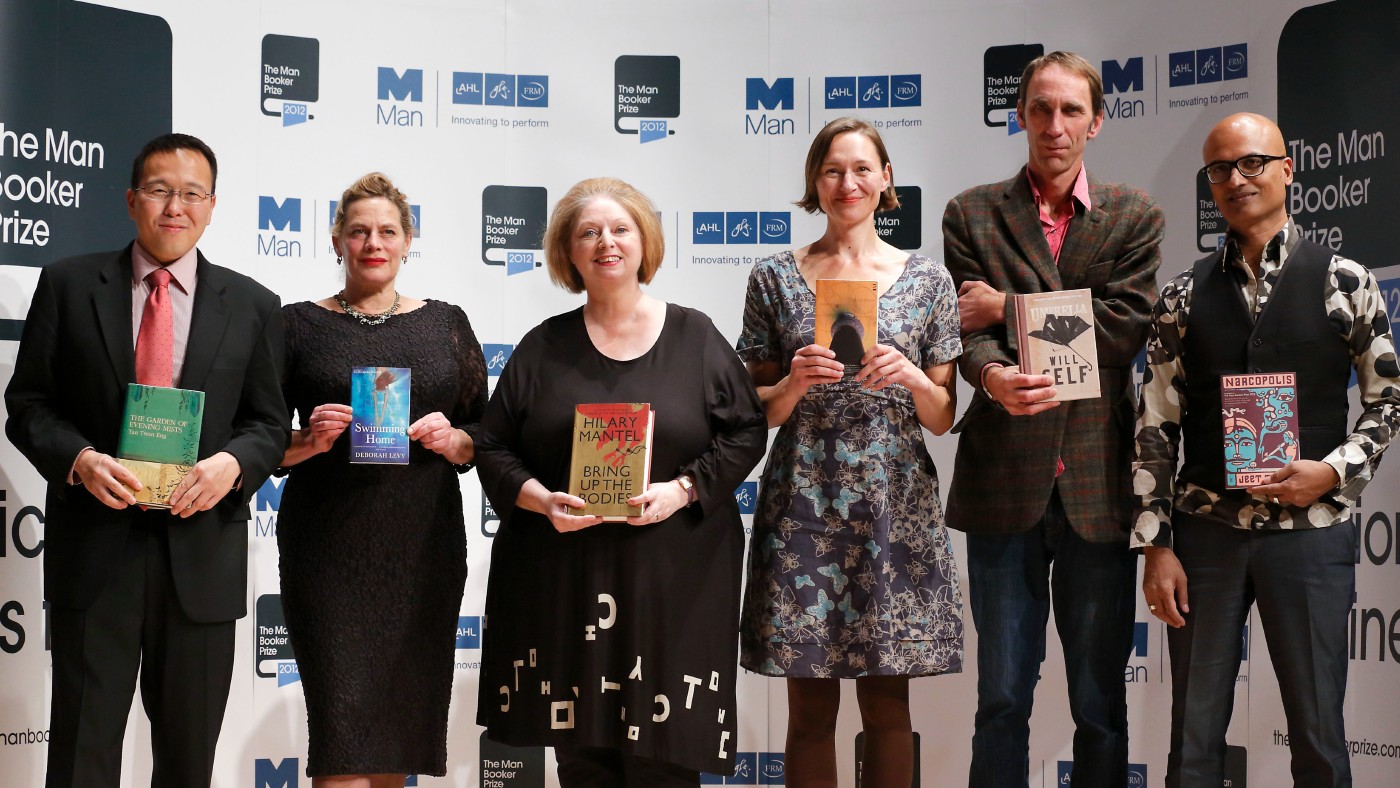 Inside the Booker Prize: arguments, agonies and minor scandals
Inside the Booker Prize: arguments, agonies and minor scandalsUnder the Radar For more than 50 years, authors have vied to win the Booker Prize, whose 2021 winner will be announced on 3 November. Charlotte Higgins dives into the teeming, fractious history of the UK’s most prestigious fiction award